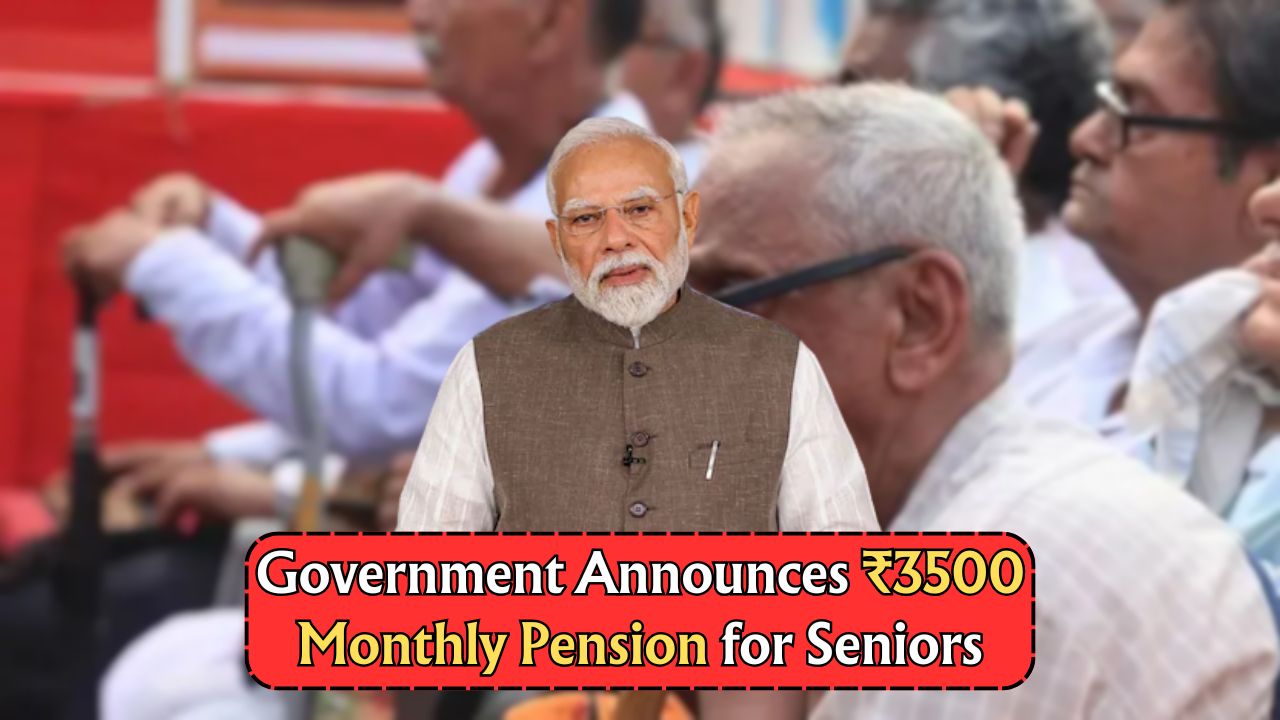Retirement Age Hike – In a groundbreaking development that could redefine the landscape of public employment in India, the High Court has issued a landmark decision to increase the retirement age of government employees from 60 to 65 years. This move has sparked widespread excitement and relief across the nation’s bureaucratic and public sectors. The verdict, hailed as a historic step forward, comes amid ongoing discussions about India’s ageing workforce, skill retention, and increasing life expectancy. The decision is not only a morale booster for lakhs of employees nearing retirement but also poses significant implications for pension liabilities, youth employment opportunities, and overall administrative efficiency. With India’s public sector being one of the largest employers globally, this change could trigger further reforms across central and state departments.
What Triggered the Retirement Age Hike to 65?
The decision comes in the wake of several petitions and policy suggestions aimed at aligning India’s retirement age with global standards.
- The High Court cited global benchmarks where countries like Japan and Germany already have higher retirement ages.
- Increasing life expectancy and medical advancements allow people to stay productive longer.
- Skill retention among senior employees is seen as crucial for long-term governance and institutional knowledge.
- The move also aims to address staff shortages and reduce rehiring costs across departments.
Legal Background Behind the Retirement Age Verdict
The High Court judgment followed petitions from employee unions across sectors like education, health, and public administration.
- Multiple states had inconsistencies in retirement age policies.
- The court emphasized the right to equality under Article 14 of the Constitution.
- The final verdict mandates a uniform retirement age of 65 for all central and state government employees.
- The bench also recommended reconsidering retirement-related pension rules accordingly.
Comparative Analysis: India vs Global Retirement Age
India is not alone in revisiting the retirement age. Here’s a look at how India stacks up against global norms:
 Honda Activa 6G scooter launched at a dirt-cheap price, offers impressive mileage of 55 kmpl
Honda Activa 6G scooter launched at a dirt-cheap price, offers impressive mileage of 55 kmpl
| Country | Retirement Age | Life Expectancy | Nature of Change | Year of Change |
|---|---|---|---|---|
| India (Now) | 65 | 70+ | Raised from 60 | 2025 |
| Japan | 65-70 | 84+ | Gradual Increase | Ongoing |
| USA | 66-67 | 79 | Social Security Linked | Gradual |
| Germany | 67 | 81 | Retirement Reform | 2012 |
| UK | 66 | 81 | Linked to Life Expectancy | 2020 |
| China | 60 (men), 55-60 (women) | 78 | Under review | 2023 draft |
| South Korea | 62-65 | 83 | Scheduled to rise | 2033 target |
Who Will Benefit from the Retirement Age Increase?
The new retirement age will impact lakhs of employees across multiple departments and sectors.
- Central Government Employees: Immediate implementation expected across ministries.
- State Government Employees: States required to comply with the High Court’s direction.
- Education Sector: Teachers, professors, and university staff stand to gain more work years.
- Healthcare Workers: Doctors and senior medical staff retained longer to address shortages.
- Railways and Defense Civil Services: Non-uniformed personnel to benefit significantly.
Sectors With Highest Impact Post-Decision
Let’s examine departments with large workforces that will see a major shift due to this change:
| Sector | Number of Employees | Previous Retirement Age | New Retirement Age | Approx. Extension |
|---|---|---|---|---|
| Central Government | 30+ lakh | 60 | 65 | +5 years |
| State Governments | 80+ lakh | 58-60 | 65 | +5-7 years |
| Railways | 13 lakh | 60 | 65 | +5 years |
| Health (Public Sector) | 6.5 lakh | 60 | 65 | +5 years |
| Education (Teachers) | 9 lakh | 62 | 65 | +3 years |
| Public Sector Banks | 9 lakh | 60 | 65 | +5 years |
| PSU & Utilities | 10 lakh | 60 | 65 | +5 years |
What Changes for Pension, Promotions & Youth Jobs?
The retirement age hike is expected to have ripple effects across multiple areas of public policy.
- Pension Load Delay: Pensions will now be deferred by five years, reducing immediate burden on state finances.
- Slower Promotions: Younger employees may see delays in career progression due to seniors staying longer.
- Reduced Hiring: Fewer vacancies will open annually, possibly impacting job aspirants preparing for government exams.
- Experience-Driven Roles: Senior positions in administration and technical services may become more stable and efficient.
Benefits vs Concerns: Key Stakeholder Reactions
Here’s a breakdown of the pros and cons as voiced by different groups:
| Stakeholder | Benefits | Concerns |
|---|---|---|
| Senior Employees | Extended service period, better savings | Fatigue, reduced productivity |
| Youth Aspirants | Delayed competition, policy clarity | Fewer job openings, slow promotions |
| Government Bodies | Staff retention, reduced hiring costs | Public pressure for new jobs |
| Pension Departments | Deferred payouts, better planning | Restructuring complexities |
| General Public | Experienced staff in public services | Aging bureaucracy concerns |
Future Implications and Policy Reforms Ahead
The verdict could pave the way for more uniform service rules and national-level employment frameworks.
- Centre may consider aligning retirement age rules across PSUs, banks, and educational bodies.
- Private companies might follow suit in allowing extended service years in senior roles.
- Government may need to relook at training, re-skilling, and health benefits for aging workforce.
- Political parties may start including retirement age promises in their manifestos ahead of elections.
Government’s Next Steps
- Ministry of Personnel and Department of Expenditure will issue fresh guidelines soon.
- Circulars for implementation expected to be rolled out within the next quarter.
- States will be required to submit compliance reports within a defined timeframe.
What You Need to Know if You’re a Government Employee
For employees currently serving in public departments, here’s a summary of what this judgment means:
- If you were retiring in 2025 at 60, your new retirement date will now be in 2030.
- You will continue to receive full salary and benefits during the extended tenure.
- Pension contributions and other deductions will continue as before.
- Your retirement benefits will be calculated based on the final drawn salary at 65.
- Promotions and transfers will still depend on internal department policies.
The decision to raise the retirement age of government employees to 65 marks a defining moment in India’s administrative and employment history. While the move is being celebrated by lakhs of public servants, it brings along a wave of policy, financial, and youth employment considerations. Only time will tell how well this bold move balances efficiency, equity, and economic stability—but for now, it’s a welcome relief for those who were counting down to retirement.
FAQs
1. Is the retirement age of 65 applicable to all government employees in India?
Yes, as per the High Court ruling, the retirement age is uniformly raised to 65 for both central and state government employees.
2. Will this retirement age hike affect pension payments?
Yes, pension disbursal will now be delayed by five more years, potentially reducing the immediate fiscal pressure on pension funds.
3. What happens to people who were scheduled to retire this year?
They will now continue working for up to five more years, depending on their current age and department.
4. Will this impact youth preparing for government exams?
Yes, there may be fewer vacancies opening up annually, which could increase competition and delay recruitment cycles.
5. Are private sector retirement ages likely to be increased too?
There’s no compulsion for private companies to follow suit, but some sectors may consider aligning policies in the near future.









